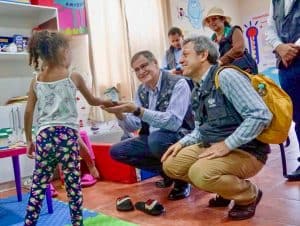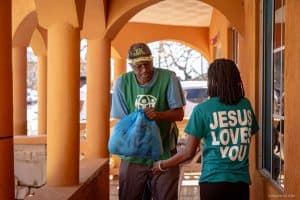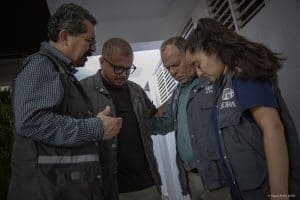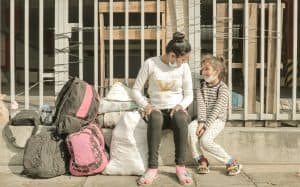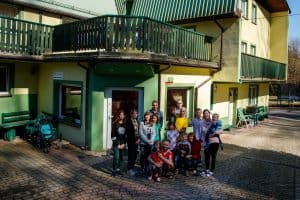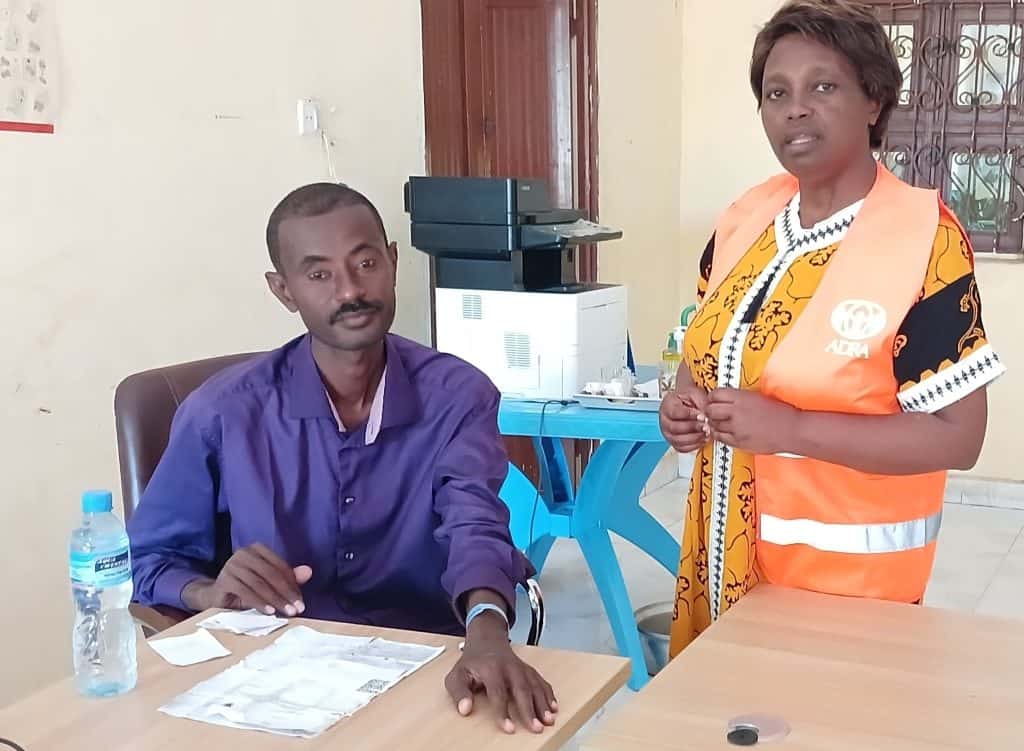
(May 21, 2024) Pastor Ahmed Mohamed knelt by the side of the dusty road where he, his wife and three children had paused to rest. “God save us!” he prayed. “How can I preach Your word, if I am dead?” He looked at his family huddled under a lone tree and wondered what their future would be if God did not intervene.
He knew their plight was no different than the thousands of other Sudanese who were fleeing in various places, as brutal clashes between the RSF and the regular army destroyed everything in sight. Like the others, Pastor Ahmed and his family fled with nothing but the clothes on their backs. They had no choice but to make the 31-mile (50 km) trip on foot to the next town.
They had no food or income when they arrived, but people in the area came together to share with the refugees. A few days later, Ahmed’s wife took the children to visit a relative. While she was gone, a warplane flew over the town and shelled the houses, killing many. Again, Ahmed barely escaped wearing only a vest. He walked for one and a half hours until he came to a market where a sympathetic merchant offered him two shirts and a pair of trousers. Another gave him a total of seven dollars. It wasn’t enough to purchase a bus ticket, but he was able to negotiate a ride with the driver, if he stood, rather than take a seat.
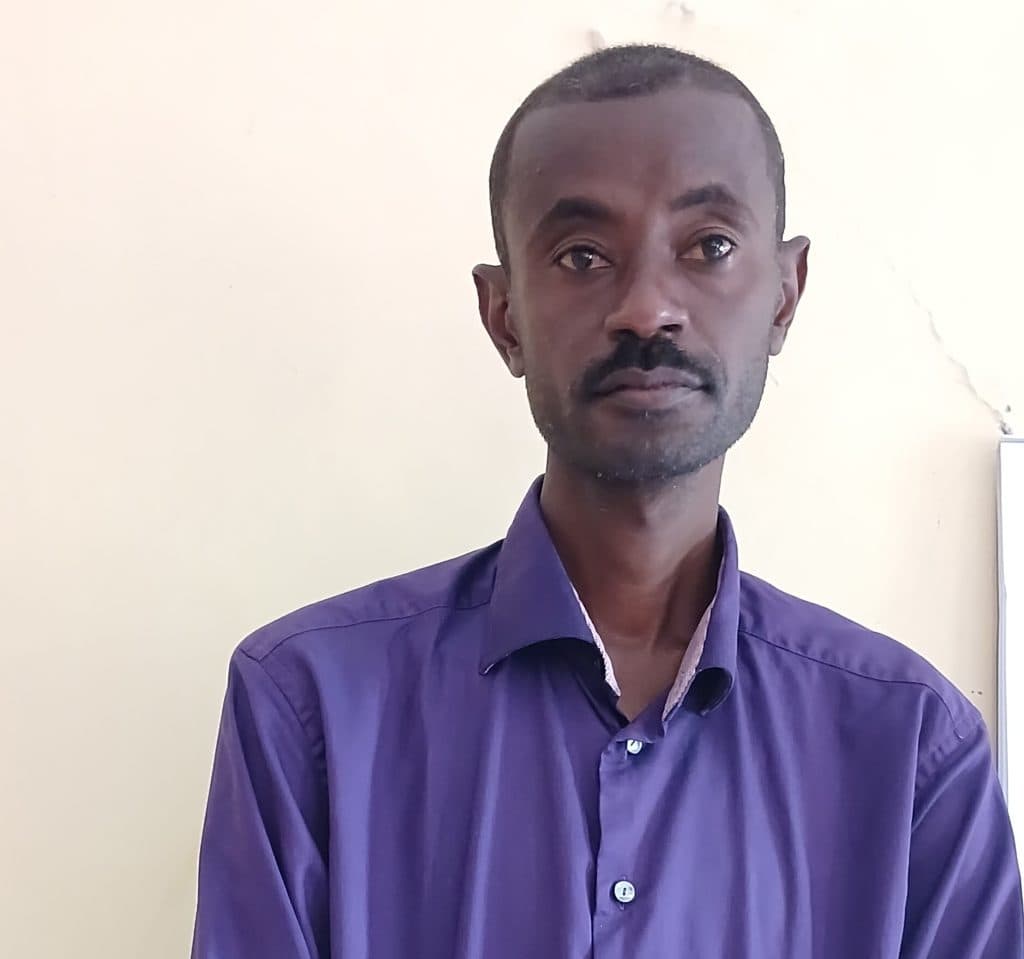
“The journey took 20 hours,” says Pastor Ahmed. “I was tired, hungry and exhausted, but I was determined to leave the country.”
Unable to communicate with his family, Pastor Ahmed continued his journey to South Sudan for seven days, sometimes riding when he could find a good Samaritan and transportation, but more often walking. At last, he arrived in Renk where he searched for the Seventh-day Adventist Church. A member fed him and directed him to the Adventist Development and Relief agency (ADRA). They took care of his immediate needs and guided him to the United Nations High Commissioner for Refugees (UNHCR). He was assigned to stay at the Maban Refugee Camp.
Approximately two months later, Ahmed managed to move his family from Sudan to Renk where they are being hosted by a member of the Seventh-day Adventist Church. He intends to arrive in the camp and once he settles down, he will look for money to support the movement for his family to join him.
“Pastor Ahmed is only one of the millions of refugees who are fleeing for their lives under extremely difficult situations,” says Michael Kruger, president of ADRA International. “While circumstances are different, the majority are forced to leave jobs and personal possessions behind simply because of where they were born, what race they were born into, or what religion they profess. Families get separated and are unable to communicate. All of this translates into a surge of food insecurity, malnutrition, and human misery.”
ADRA brings hope to millions of people because they have no political agenda, and they accept people for who they are. The global humanitarian agency’s mission is to feed the hungry, clothe the naked, and enable people to take care of themselves. ADRA is committed to helping the poorest of the poor in the humblest situations they find themselves.
We are grateful for your prayers and support, which enable ADRA to keep providing resources and humanitarian services to those in the most desperate circumstances.
